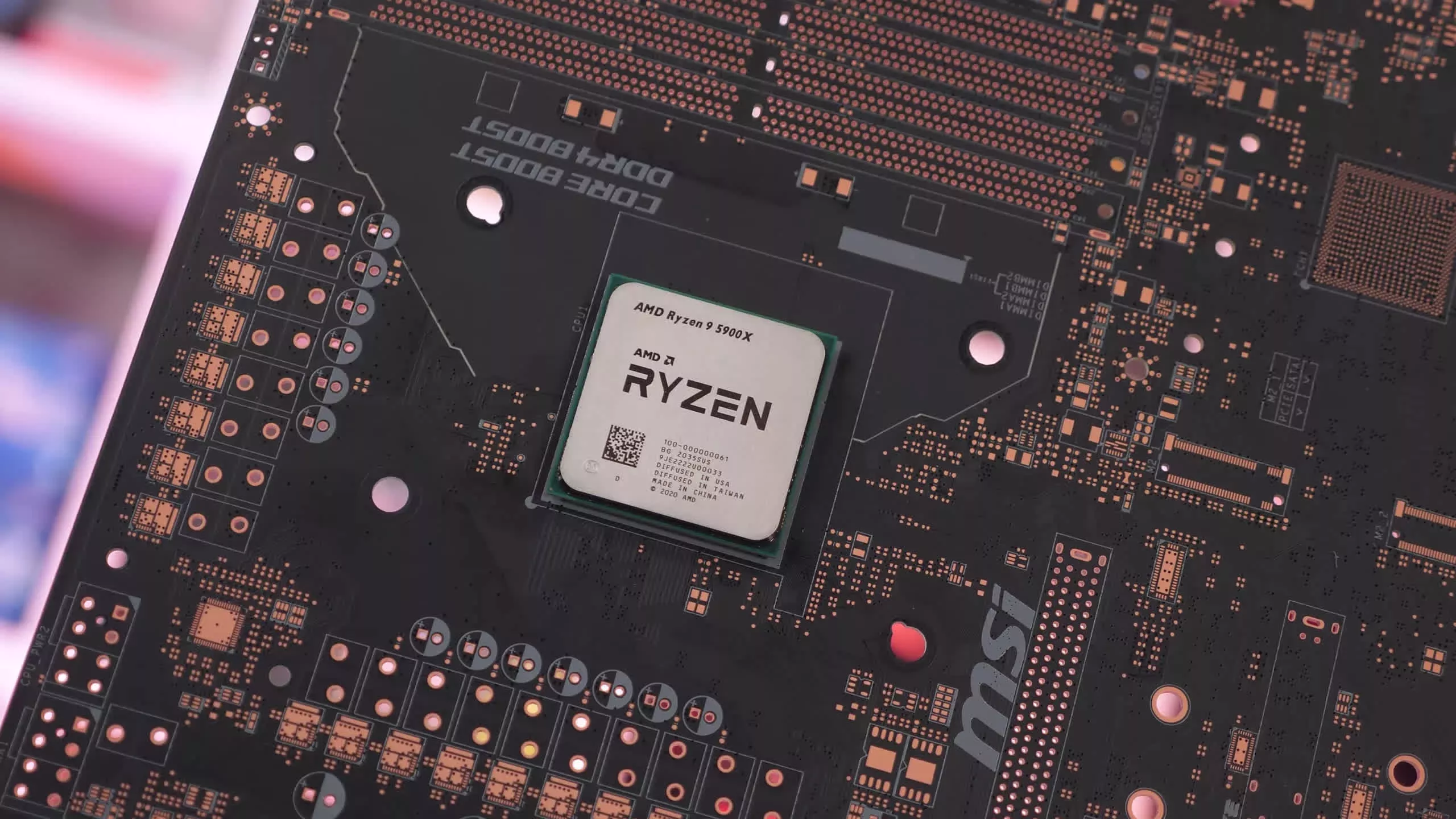Rumor mill: We’ve heard plenty of rumors about Zen 4, but what about its successor? Despite being a couple of years away, at least, a leaked partial roadmap has revealed some possible details about AMD’s future CPUs, including their Ryzen 8000 branding and use of the 3nm manufacturing process.

The leak, which comes from Chinese microblogging site Weibo, claims that the follow-up to AMD’s Zen 4-based Ryzen 7000 (Raphael) mainstream desktop CPUs will be the Ryzen 8000 series, codenamed Granite Ridge. The same generation notebook APUs, codenamed Strix Point, will also use the Ryzen 8000 name.
It’s believed that Zen 5 will be based on the 3nm manufacturing process, presumably from TSMC (N3). As with Zen 4, Zen 5 is said to use the AM5 socket. The change means concerns over bending one of the CPU’s pins may be a thing of the past as AMD is reportedly switching from a pin grid array (PGA) design to the same land grid array (LGA) design favored by Intel for the majority of its chips.
The Strix Point CPUs are also said to be taking a leaf from Intel’s book. Much like Chipzilla’s upcoming Alder Lake processors, AMD’s APUs are said to use a hybrid big.LITTLE architecture that mixes Zen 4 and Zen 5 cores.
Unlike the 3nm-based Zen5, Zen 4 is expected to use the 5nm process, but that could change in Strix Point. The little cores in the APUs have the codename Zen4D and could be an enhanced version of the architecture, one based on the 3nm process. The chips are also rumored to use a new L4 cache system that will work as system-level cache.
It’s unclear whether AMD will adopt a hybrid design for its Granite Ridge desktop CPUs as well, though it seems unlikely. Zen 4 isn’t expected to arrive until next year, while Zen 5 is slated for 2023, so it’ll be a while before we know for sure.
Hopefully, the chip shortage the world is currently enduring will be long-forgotten by the time Zen 5 rolls around. AMD recently admitted that the current situation had forced it to prioritize the manufacture of its high-end processors over budget offerings.
https://www.techspot.com/news/89855-amd-3nm-based-zen-5-processors-appear-leaked.html
